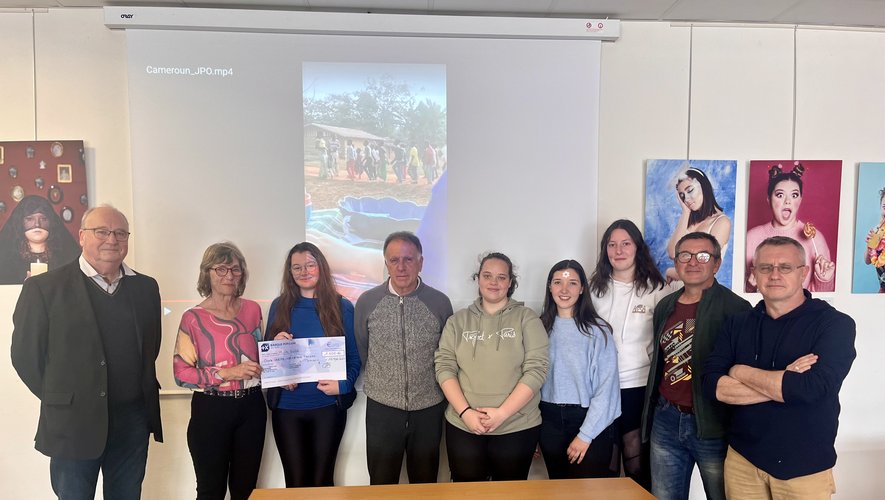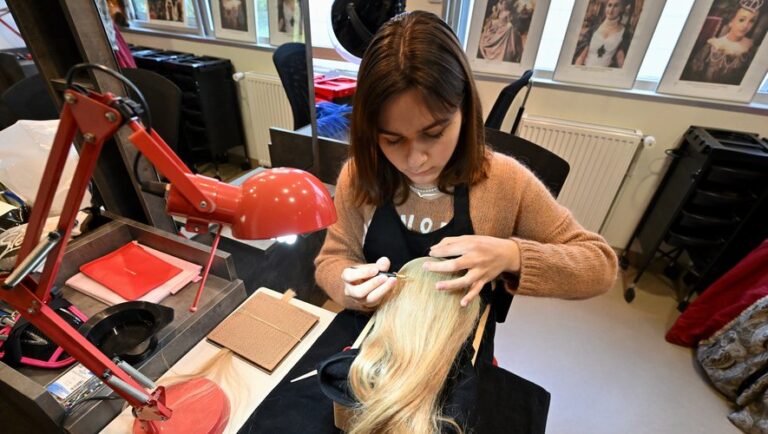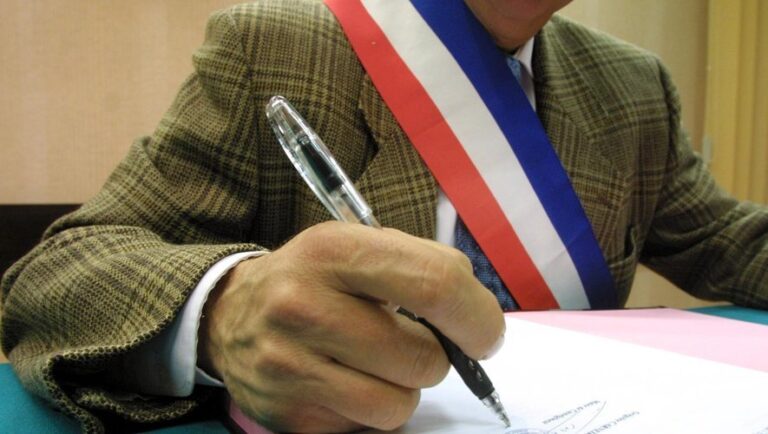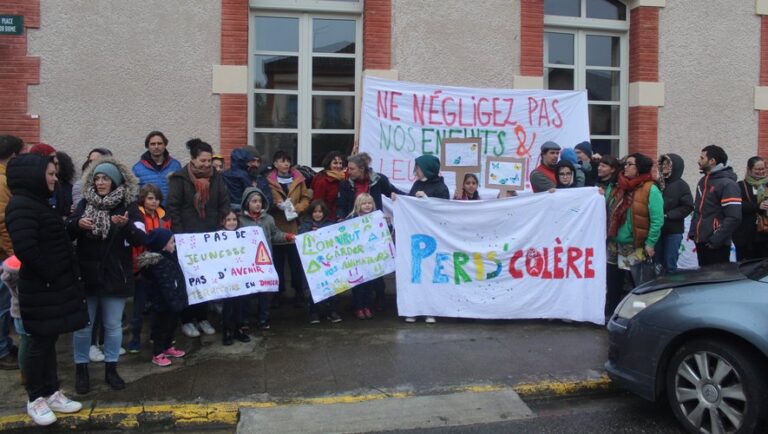The students of the UNESCO Legta club in Pamiers returned from their humanitarian trip to Cameroon with memories in their minds
Returning from their humanitarian trip to Cameroon, the students of the UNESCO Club in Legta de Pamiers received a check for 1,000 euros to support them in their projects.
Between pedagogy and solidarity, Diana, Satine, Maëva and Anaïs worked for several months within the UNESCO Club of the agricultural school of Pamiers, on a humanitarian trip to Cameroon. After months of preparation and searching for partners who could support them in this great project, they went to Abong M’Bang in February to meet the Baka, an ethnic group living in the tropical forests of the southeast of the country. On Monday, March 18, the students were visited by Anne-Christine Chausson, Vice-President of the Family Economics Cooperative Association (ACEF) in Ariège, and Georges Delmas, ACEF correspondent, to give a brief retrospective of this trip. On this occasion, Anne-Christine Chausson also presented them with a check for 1,000 euros to help them in their humanitarian projects.
This trip, organized in collaboration with the association 09 Cameroon, and its president Régis Dupuy, former teacher at the Appamean establishment, aimed to provide social, health and educational assistance to the Baka. This hunter-gatherer ethnic group has been experiencing massive deforestation for years, leading to a reduction in their resources. “Because of this loss of resources, the Baka are also exploited on agricultural land by the Bantu, a dominant ethnic group in Cameroon,” the students explain.
A journey rich in memories
Particularly committed and enthusiastic, the young women, accompanied by their teacher Carole Guichou, rolled up their sleeves to help the Baka. “It has been an incredible journey,” says Satine, president of the UNESCO Club. “We were able to furnish two studios with mattresses and furniture. In the school we also painted blackboards in the classes so that they could write on them with chalk. In the morning we usually worked and in the afternoon we played football with the children. They made us very welcome, when we left they organized a party for us in the village.”
In addition to the humanitarian aspect, education was an integral part of this trip. In a completely different region than the Ariège, they could discover the riches of the forest. “They get most of what they need from the forest, whether it is food or even healing thanks to the bark. During walks in the forest we were able to discover all the specific features.”
The students gave seeds to local teachers to grow in the school’s educational garden. “There will be remote monitoring,” explains Régis Dupuy. “The aim is to observe the development of certain plants in difficult areas.”
During their journey, the young women distributed school materials, clothing, food and even tools to help the local population. Building on this first experience, rich in emotions in the humanitarian field, they want to repeat this experience as soon as possible.
All partners have been invited on April 24 for a presentation of the trip and to thank you for their involvement in the project. A short film was also shot during the trip. This will be presented to the partners during this evening.







